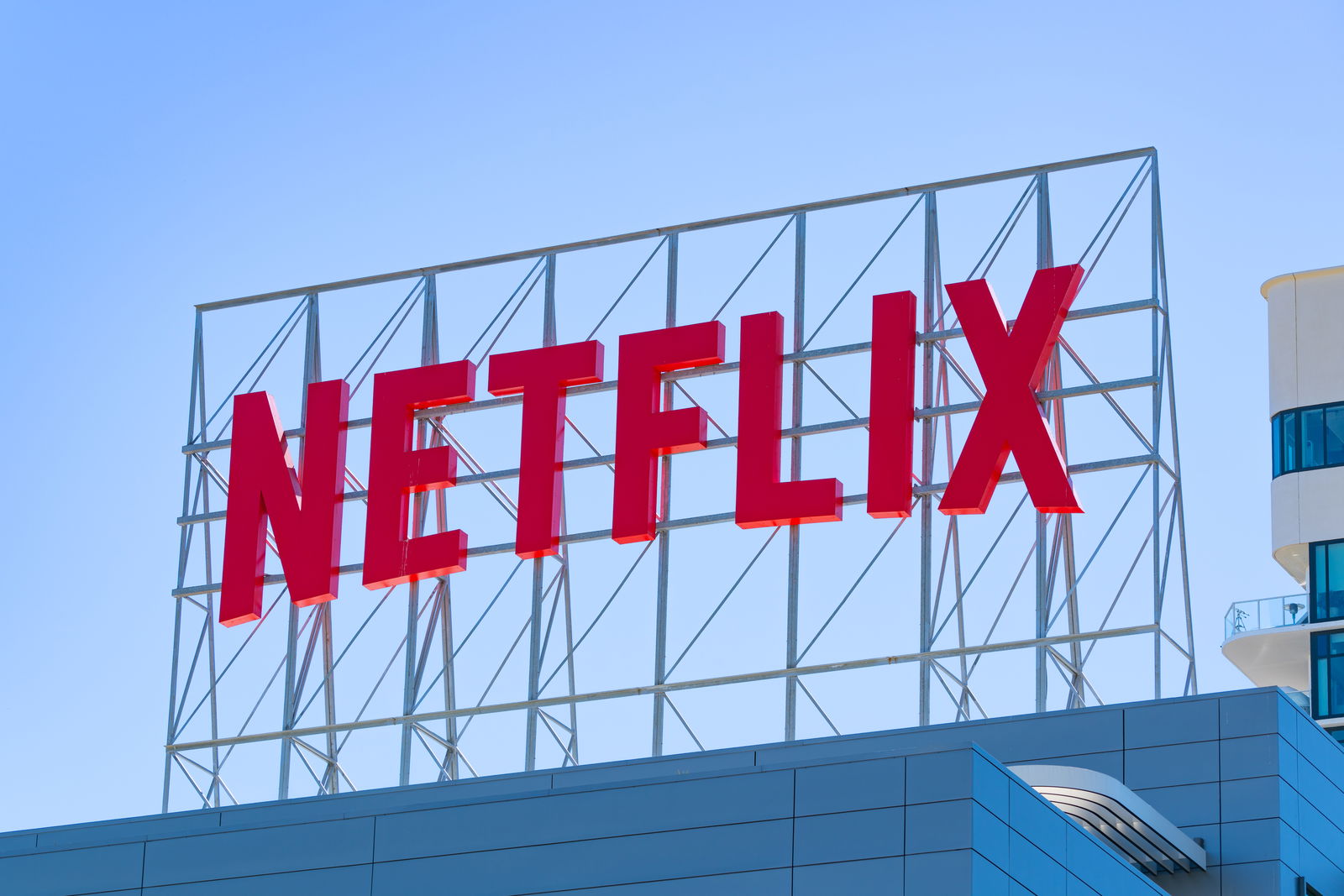Renewed & Canceled: What Does HBO and Netflix Decisions on ‘House of The Dragon’ and ‘Resident Evil’ Speak of the Streamers?

via Imago
[data:image/gif;base64,R0lGODlhAQABAAAAACH5BAEKAAEALAAAAAABAAEAAAICTAEAOw==]https://www.staging.netflixjunkie.com/wp-content/uploads/2022/08/Netflix-vs-hbo-max-1.png
Have you ever been caught up in a battle of extremes? One person is overly generous with their faith in you and showers you with an abundance of love and praise. The other entity believes in withholding adoration and appreciation and is extremely critical to the point of dismissal. Something similar is afoot with the two large streaming platforms, HBO and Netflix, showcasing two massive shows House of the Dragon and Resident Evil, respectively.

While one platform has signed off on an early release for its newest show, the other has abandoned one of its own, right after the first season. So we have two different approaches aiming toward a similar outcome: success. In the words of Brooklyn Nine-Nine’s Amy Santiago, “There’s only one thing to do when two people have diametrically opposing views on a subject. Structured debate!” So let’s find out what really happened so we can speculate better.
ADVERTISEMENT
Article continues below this ad
HBO renews House of the Dragon
After the resounding success of Game of Thrones, despite its less than impressive finale, fans waited with bated breath for the prequel. After much anticipation, House of the Dragon finally premiered on August 21. The show boasts of opening for the largest audience in the history of HBO for a new original series. With just one episode online, the viewership count in just the U.S. is a whopping 20 million across several platforms, as cited on Deadline.
What’s even more surprising is that HBO green-lit the second season for the period fantasy after a single episode. Francesca Orsi, the EVP of HBO Programming, commended the cast and crew for undertaking “a massive challenge and exceeding all expectations.” After calling it a “must-see-TV,” she even expressed her excitement about “bringing to life the epic saga of House Targaryen with Season 2.”
House of the Dragon is set 200 years prior to Game of Thrones and delves into the origin story of House Targaryen. The show is a rendition of George R. R. Martin’s Fire & Blood. As much as the audience is thrilled about the early renewal, it’s hard to tell if this calculated risk will bear fruit. Also, what happens if the upcoming episodes fail to deliver?
Netflix’s infamous cancelation of Resident Evil and other shows.
While we have the marvelous success story of the HBO flagship, on the other end of the spectrum, Netflix took a different route. The streaming giant dropped its action-horror series, Resident Evil, after just one season. Based on a beloved survival video game of the same name, the audience had ridiculously high expectations for Resident Evil. The cancelation has obviously left the fans disappointed.
ADVERTISEMENT
Article continues below this ad
This is not the first time Netflix has canceled a show in its nascent stage. It’s impossible to go through the Netflix Twitter feed without coming across a First Kill fan begging the streamer to bring back the show. Netflix supposedly follows due process before making big decisions regarding the fate of a show. At its core, however, it comes down to numbers: cost of creation vs viewing.
https://youtu.be/uIdjcDTc9Vk
Moreover, Netflix still hasn’t renewed The Sandman one of its biggest shows right now. Ever since its release, the fantastical show created by Neil Gaiman has consistently been in the top 10 and even at the number 1 spot in several countries. The reason for the streamer’s hesitation is probably the massive expense of $15 million per episode.
ADVERTISEMENT
Article continues below this ad
Whose side are you on? HBO or Netflix? Let us know your thoughts in the comments below. For those who haven’t yet, you can watch the first season of Resident Evil on Netflix.
ADVERTISEMENT
More from Netflix Junkie on Netflix News
ADVERTISEMENT








